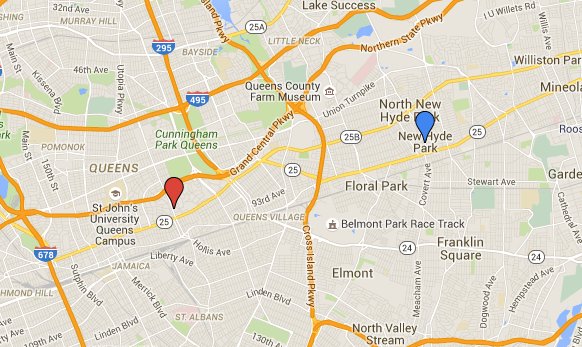As my colleague Nate Silver wrote, Trump voters reacted positively to his calls for a temporary ban on any Muslims entering the U.S. and tougher restrictions on immigration more generally. Trump won a far higher percentage of the vote during the primaries among people who listed immigration as the issue most important to them and among those who favored a temporary ban on Muslim immigrants.
But, as Nate pointed out at the time, its difficult to tease out exactly how much of a bounce Trump really got. Moreover, Trumps support didnt move much after the bombings in Brussels in March, which suggests the voters disposed to favor Trump due to the threat of terrorism may have already moved into his camp. That is, voters are now aware of Trumps positions, and he may not have any more ground to gain.
This leads to a second point: The general election electorate is much different than a GOP primary electorate. Just because Trump gained support among Republicans after a terrorist attack doesnt necessarily mean hell gain among voters at large. Trump, for instance, saw his favorability ratings among Republicans go up during the primary, while at the same time they went down among both Democrats and independents. You can see this split between the Republican and general electorate on specific issues, too. In the most recent ABC News/Washington Post May poll which found Trump leading Clinton in the horse race by 2 percentage points just 43 percent of Americans favored a temporary ban on Muslim immigration,1 compared with 64 percent of Republicans. In the same poll, Clinton was more trusted than Trump on immigration, 51 percent to 42 percent, while Republicans favored Trump on the issue 83 percent to 11 percent.



